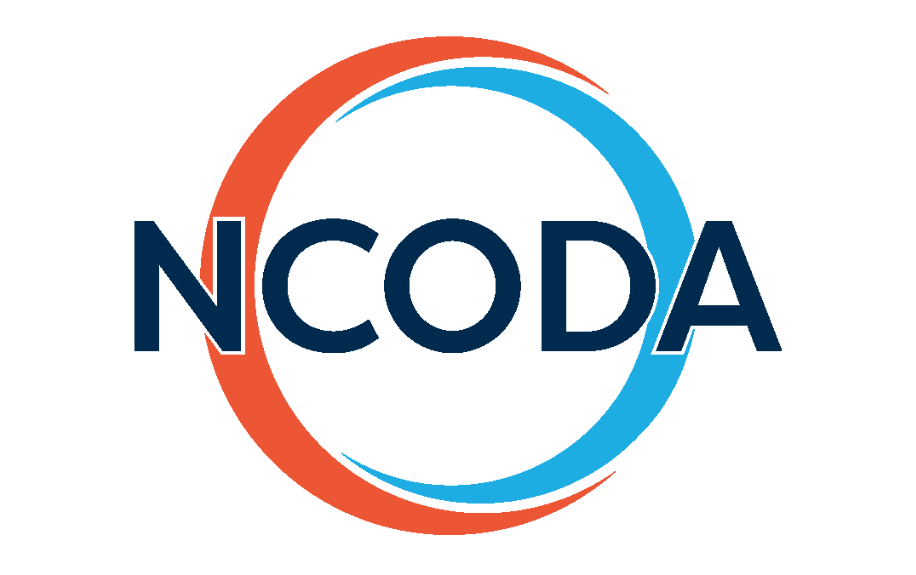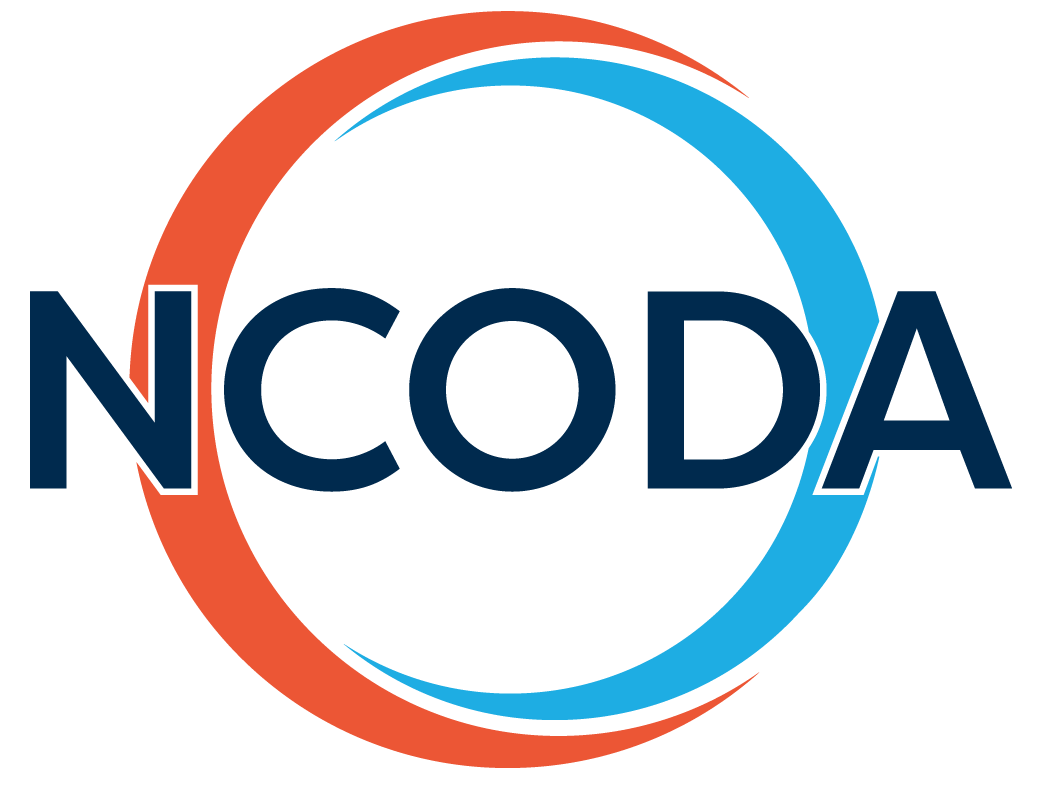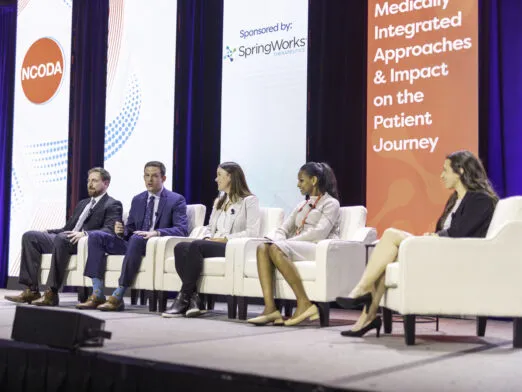OncolyticsToday: NCODA AT 10
Published Date: April 22, 2025

EVOLVING TO MEET PATIENT NEEDS WHILE STAYING TRUE TO OUR ORIGINAL MISSION
Author: Mike Reff, PharmD | Founder, NCODA
There’s a famous story in Aesop’s Fables called The Crow and the Pitcher. It tells how a thirsty crow comes upon a pitcher with water at the bottom, beyond the reach of its beak. Unable to push the pitcher over, the bird drops in pebbles one by one until the water rises to the top, allowing it to drink. The moral of the story: “Necessity is the mother of invention.” That adage was true thousands of years ago, and it’s true today. And, in the case of NCODA, necessity was a driving force in its creation and has continued to spur our evolution.
I first became aware of this need when I was Pharmacy Director at Hematology-Oncology Associates of Central New York back in 2013. The practice had flawlessly provided infusion therapy for decades. It understood all aspects of the process, from the clinical side of diagnosis and therapy, to the business side of procurement and billing. But like the rest of the industry, it faced a paradigm shift: the sudden and rapid evolution of oral oncolytics.
Up until then, infusion therapy was usually the only option for cancer as less than a handful of orals were available. But all that changed with the completion of the Human Genome Project. Researchers were suddenly able to create targeted drugs for specific cancers. And, more times than not, these drugs were oral formulations.
Oral anti-cancer medication is similar to infusion therapy in efficacies, side effects, cost and so forth. But it is also very different. And those differences quickly became apparent: procurement, adherence, education and much, much more. Yet, back in the early 2010s, no infrastructure for oral oncolytics existed.
On the clinical side, there were no real standards. And on the business side, no processes, procedures or distribution were well-established. Oral oncolytics offered great promise, yet getting them to the patients that needed them was becoming a multifaceted challenge. Like the thirsty crow, healthcare professionals found themselves staring down into a deep pitcher. A very deep pitcher. Individual practices and the doctors, nurses, pharmacists, techs and administrators who managed them often were left on their own, trying to navigate a novel, constantly evolving landscape without a clear road map.
I knew there had to be a better way.
What really brought it home for me was an incident back in 2015. A breast cancer patient at our practice came in for her initial fill. It was a standard prescription at the time, yet palbociclib, a new drug with better outcomes, had recently become available. Working in a collaborative practice environment allowed me to meet with her physician. I told him about this innovative new drug that is prescribed as a doublet along with another medication. He agreed, and changed the prescription.
I didn’t know it at the time, but in getting the two of us on the same page, I had just dropped my first pebble. Next, I talked with my team members about ways we could better integrate our work with the rest of the practice. And dropped another pebble. Later I discussed my ideas with my peers at other practices. And dropped another pebble. Then, we began discussing other ideas, and in doing so began dropping more pebbles. It soon became apparent that a formal association was needed to help bring healthcare professionals together from all disciplines within the oncology community. And that’s when I dropped a boulder by creating the group that came to be known as NCODA, an organization with two guiding values: 1. patient-centered and 2. always collaborative.
NCODA created the standards necessary to promote the road map to excellence, NCODA Quality Standards, which later became the ASCO/NCODA Patient-Centered Standards for Medically Integrated Dispensing, which continues to evolve and improve. My team’s goal to seamlessly fill our patients’ oral oncolytic prescriptions out of our own pharmacy became the basis of Medically Integrated Dispensing.
My desire to provide quality standards and effective practices around a specific aspect of cancer care came to be known as Positive Quality Interventions (PQIs), a precise and concise peer-reviewed clinical guidance resource. PQIs equip the entire multidisciplinary care team with a sophisticated yet simple-to-use resource to manage patients receiving oral or IV oncolytics.
After 10 years, we’ve dropped a lot more pebbles into that pitcher: Cost Avoidance & Waste Tracker, Treatment Support Kits, Medically Integrated Accreditation, Oral Chemotherapy Education sheets and more.
But we’re not stopping there. One of our newest pebbles is our acronym itself, NCODA. Originally it stood for National Community Oncology Dispensing Association. But as our group has evolved so, too, must our name. Moving forward, NCODA will stand for the Network for Collaborative Oncology Development & Advancement.
As we continue to progress with passion, NCODA remains committed to empowering practices and improving outcomes for every patient we serve.






